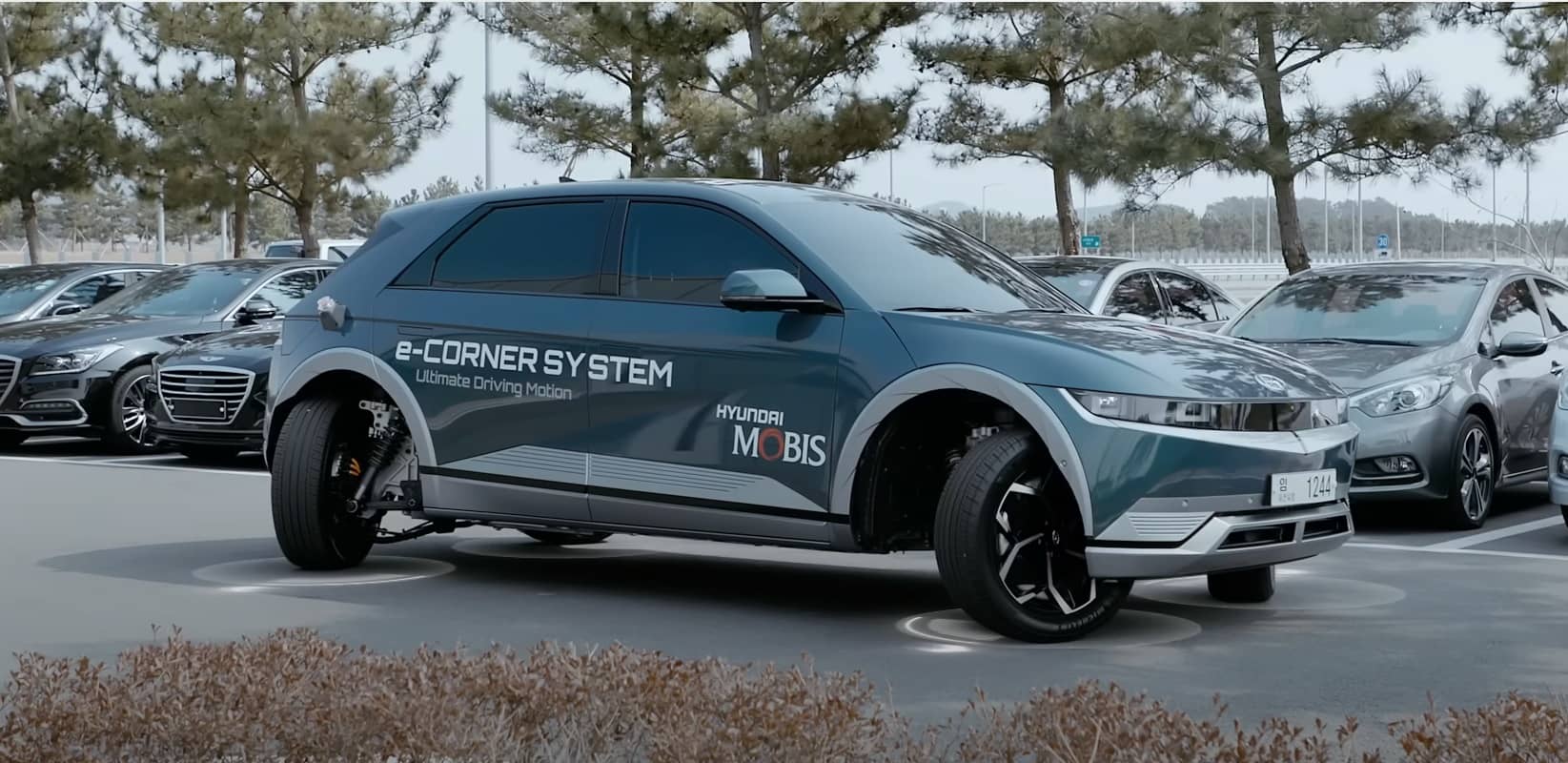A breakthrough blood test that can identify drivers who are sleepy has been developed by researchers at Monash University in Australia. If a crash was caused by inadequate sleep, the test may open the door for drivers and their employers to be prosecuted.
These days, blood tests are frequently used to establish if a driver has ingested alcohol in excess of the legal limit. However, not all accidents are caused by drinking. Some of them are even the result of driver weariness from lengthy workdays and little sleep.
According to recent studies, driving after getting less than five hours of sleep is just as risky as driving after consuming large amounts of alcohol. In a situation like this, it would be useful to be able to gauge how sleepy drivers are, and Australian researchers have developed a method for doing just that.
“When you look at the major killers on the road, alcohol is one of them, speeding is another, and fatigue is one of them. But even though the solution to fatigue is quite simple, which is to get more sleep, our capacity to manage it is impaired because we don’t have tools to be able to monitor it like we do with alcohol”, Prof. Clare Anderson, who is in charge of developing the blood-based test stated.
How can the blood test detect sleepiness?
Anderson’s team discovered five biomarkers in blood that can detect whether someone has been awake for 24 hours or more with higher than 99% accuracy.
“They are really strongly related to how long somebody’s been awake, and they’re consistent across individuals,” said Anderson. “Some of them are lipids, some of them are produced in the gut, so they’re from different parts of the body – which is interesting, because sleep is implicated in a number of different health problems. But they are not metabolites that are involved in things like caffeine or anxiety or adrenaline, which could be affected if somebody has been involved in a motor vehicle crash.”
These biomarkers can determine whether or not someone has slept, according to follow-up experiments that were conducted even in settings more similar to real-world circumstances. In these test the accuracy fell down to 90% but the researchers still consider this a pretty high number considering all the things that are going on in people’s lives beyond just sleep.
To confirm the markers and determine whether they can quantitatively distinguish between, say, five hours of sleep or just two, more research is required.
Will there be a legal limit for sleepiness while driving?
In as short as two years, according to Anderson, a forensic blood test for sleep deprivation might be available and used in conjunction with current drug and alcohol tests when someone is taken to the hospital following a car accident.
Because sensors and equipment to identify the biomarkers still need to be developed, portable roadside tests will take longer. But according to Prof. Shantha Rajaratnam, who is affiliated with Monash University, “with the right investment to be able to scale this, I reckon that within five years we will be able to implement these biomarker-based tests – at least in safety-critical industries such as trucking, commercial aviation and mining”.
A legal standard for the amount of sleep a driver needs to function properly is also necessary. Sleep scientists believe that between four and five hours of sleep would be a reasonable place to draw that line in the sand. They say that sleeping below 5 hours is doubling the risk of a vehicle crash, similarly to a higher than 0.05% blood alcohol concentration, which is the legal driving limit in many countries.
Prof Derk-Jan Dijk, director of the Surrey Sleep Research center, concludes that: “[Legislation] is a scary concept for people, because so many sleep badly, but I think it is reasonable to compare it to drink-driving. If you haven’t slept for more than four hours you shouldn’t be at the wheel.”





